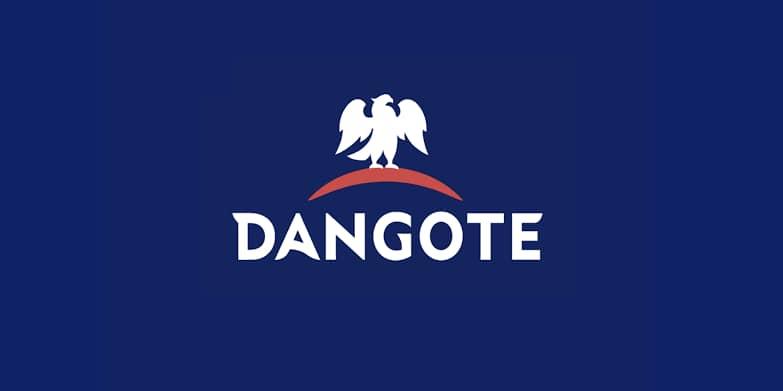The Speaker of the House of Representatives has hinted that the Federal government will likely not pay ASUU the salary for thr eight-month strike the union embarked on. The speaker confirmed the development in a statement issued on Monday. According to him, the president was being awaited to approve the proposal of partial payment presented to him.
The statement was titled “Statement by the Speaker of the House of Representatives, Rep. Femi Gbajabiamila on the Resolution of Outstanding Issues between the Academic Staff Union of Universities and the Federal Government of Nigeria,’’.
It reads thus, “When the Academic Staff Union of Universities called off their industrial action three weeks ago, it meant that academic activities could resume in our nation’s public universities, and students could return to their academic pursuits after the prolonged interruption. This decision was rightly heralded nationwide as the correct decision.”
“Since then, the Executive and the House of Representatives have worked to address the issues that led to the strike. We are currently working on the 2023 Appropriations Bill, which includes the sum of N170,000,000,000 to provide a level of increment in the welfare package of university lecturers. The bill also includes additiorevitalization00,000 in revitalization funds to improve the infrastructure and operations of federal universities.”
“Furthermore, the House of Representatives has convened the Accountant General of the Federation, the Academic Sta,ff Union of Universities, and other stakeholders to facilitate the adoption of elements of the University Transparency and Accountability Solution into the Integrated Payroll and Personnel Information System. This effort is being supervised by the Chairman of the House Committee on Tertiary Education, Rep. Aminu Suleiman.”
“The Executive position is that it is not obligated ated to pay salaries to the adoption of elements of the University Transparency and Accountability Solution into the Integrated Payroll and Personnel Information System. This effort is being supervised by the Chairman of the House Committee on Tertiary Education, Rep. Aminu Suleiman.”
“The Executive position that it is not obligated to pay salaries to lecturers for the time spent on strike is premised on the law and the government’s legitimate interest in preventing moral hazard and discouraging disruptive industrial actions. Nonetheless, interventions have been made to explore the possibility of partial payments to the lecturerfavorable forward to a favorable consideration by His Excellency, President Muhammadu Buhari, GCFR, who has manifested his desire to what is prudent and necessary to resolve all outstanding issues.”
“Implementing meaningful change takes time, especially when appropriations and modifications to systems such as IPPIS are required. Therefore, I urge all parties to be patient and grant each other the presumption of goodwill to the extent necessary to achieve our shared objectives. This is not a time for political brinkmanship. There is no more pressing objective than to preclude the possibility of further disruptions to the academic calendar of the universities. We must prevent this possibility by all means, as these disruptions risk the promise and potential of our nation’s youth.”
Gbajabiamila encouraged all citizens and stakeholders to participate in “this crucial effort to reinvent our public tertiary institutions into respected citadels of learning.”









